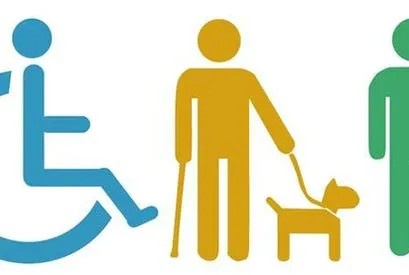In today’s complex legal landscape, navigating the intricacies of disability benefits can be daunting. For individuals facing disabilities, understanding the nuances between various types of benefits is crucial. In this article, we’ll break down the key differences between Social Security Disability (SSD), Long-Term Disability (LTD), and Veterans Affairs (VA) Disability benefits.
Social Security Disability (SSD):
- Eligibility: SSD benefits are available to individuals who have a qualifying disability that prevents them from engaging in substantial gainful activity (SGA) and is expected to last at least one year or result in death.
- Administration: Managed by the Social Security Administration (SSA), SSD benefits are funded through payroll taxes.
- Criteria: The SSA uses a strict definition of disability and considers factors such as work history, medical evidence, and the severity of the disability when determining eligibility.
- Coverage: SSD benefits provide financial assistance to individuals with disabilities, including physical and mental impairments, regardless of age.
Long-Term Disability (LTD):
- Eligibility: LTD benefits are typically provided through employer-sponsored insurance plans or privately purchased policies. Eligibility criteria vary depending on the specific terms of the policy.
- Administration: LTD benefits are administered by private insurance companies or employer-sponsored plans.
- Criteria: Eligibility criteria for LTD benefits often include being unable to perform the duties of one’s own occupation or any occupation, depending on the policy terms.
- Coverage: LTD benefits provide income replacement for individuals who are unable to work due to a disability, typically covering a percentage of the individual’s pre-disability income.
Veterans Affairs (VA) Disability:
- Eligibility: VA Disability benefits are available to veterans who have a service-connected disability, meaning the disability was incurred or aggravated during active military service.
- Administration: Administered by the Department of Veterans Affairs (VA), these benefits are funded by the federal government.
- Criteria: The VA uses a rating system to evaluate the severity of a veteran’s service-connected disabilities and determines the level of compensation accordingly.
- Coverage: VA Disability benefits provide tax-free compensation to veterans for disabilities related to their military service, including physical injuries, mental health conditions, and chronic illnesses.
Understanding the differences between these types of disability benefits is essential for individuals seeking financial assistance due to a disability. Consulting with experienced legal professionals, such as those at our law firm, can help individuals navigate the complexities of the application process and ensure they receive the benefits they deserve.
If you have questions about disability benefits or need assistance with your claim, don’t hesitate to contact us. We’re here to help you understand your rights and advocate for your best interests every step of the way.


No comments yet